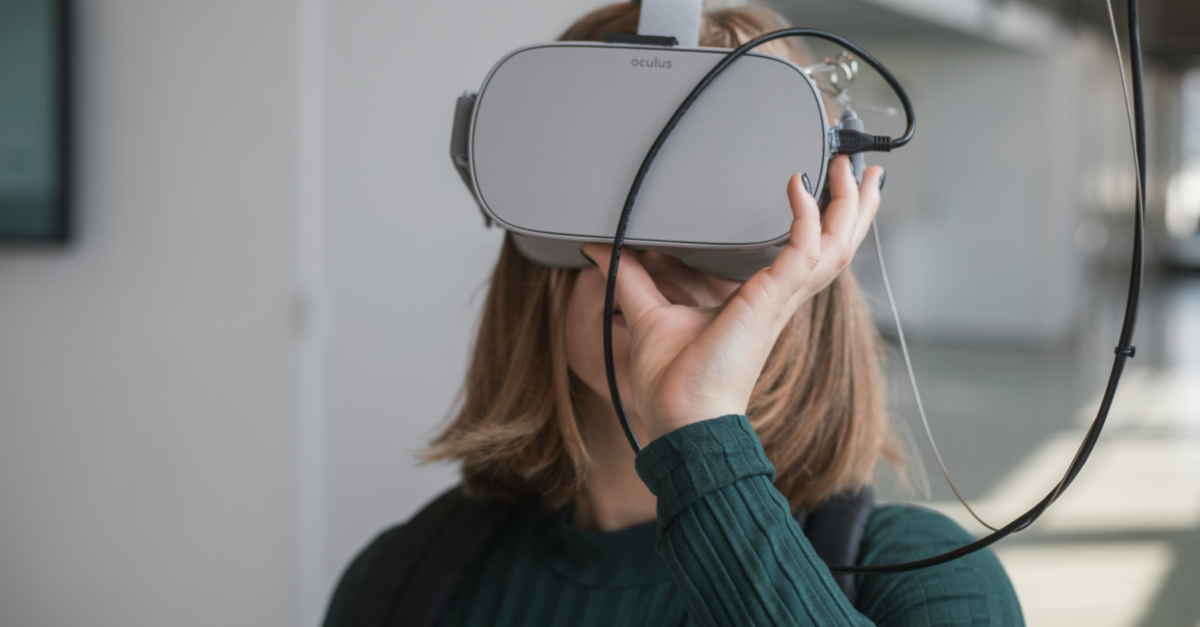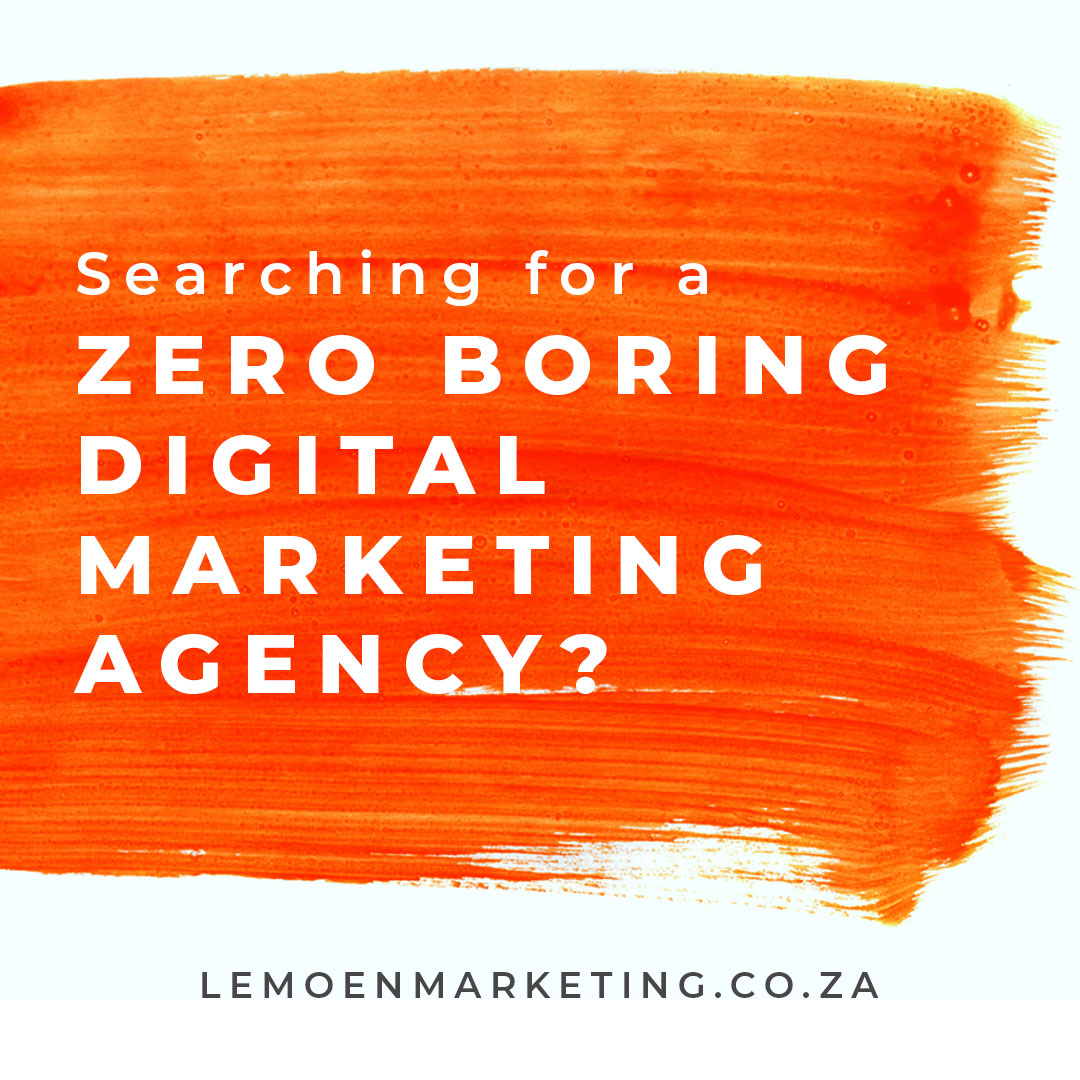Why Augmented Reality Marketing Is Changing the Game
Augmented Reality Marketing is no longer a futuristic concept. It is here now, reshaping how brands connect with audiences by merging the digital and physical worlds. This technology creates immersive brand experiences that captivate, inform, and inspire action.
In South Africa’s competitive digital landscape, businesses that embrace AR marketing strategies are standing out, building loyalty, and driving measurable results. The ability to engage customers in fresh, interactive ways is becoming a defining factor for brand success.
From Novelty to Necessity: The Rise of AR Marketing Strategies
Only a few years ago, augmented reality advertising felt like a novelty. Today, it has evolved into a powerful tool for interactive marketing campaigns that deliver tangible value.
Forward‑thinking brands are using AR to:
- Allow customers to virtually try on products before buying.
- Bring static packaging to life with interactive content.
- Create location‑based experiences that drive foot traffic.
These immersive brand experiences do more than entertain. They influence purchase decisions, strengthen brand recall, and create a deeper connection between businesses and their customers.
How AR Brand Storytelling Builds Deeper Connections
Storytelling has always been central to effective marketing. With AR brand storytelling, businesses can invite customers directly into the narrative.
Imagine a property developer offering a virtual walk‑through of a yet‑to‑be‑built home. Picture a tourism brand enabling users to explore Cape Town’s Table Mountain from their living room. These experiences create emotional connections that traditional advertising cannot match, making customers feel part of the story rather than passive observers.
Practical Applications for South African Businesses
South African brands are already experimenting with mixed reality marketing to stand out in crowded markets. Retailers are using virtual product try‑ons to reduce returns and improve customer confidence. Event organisers are adding AR layers to tickets, unlocking exclusive content for attendees.
Even professional services are finding innovative uses for AR. Financial advisors can present interactive infographics, while architects can showcase 3D visualisations of projects before construction begins. These applications demonstrate that experiential digital marketing is not limited to retail or entertainment—it can enhance almost any industry.
Making Experiential Digital Marketing Work for Your Brand
To succeed with experiential digital marketing, businesses need more than flashy technology. A clear, strategic approach is essential:
- Define your audience and understand their needs.
- Choose AR tools that align with your goals and resources.
- Measure engagement consistently and refine your approach based on results.
When implemented correctly, AR becomes a seamless part of the customer journey. It should enhance your brand message rather than distract from it, creating a lasting impression that drives loyalty and conversions.
The Future of Digital Marketing in South Africa
Augmented Reality Marketing is not a passing trend. It is part of a broader shift towards innovative marketing technologies that prioritise engagement, personalisation, and measurable results.
As consumer engagement trends evolve, brands that adopt AR early will lead the way in digital transformation in marketing. The technology is becoming more accessible, making this the perfect time for South African businesses to innovate.
By embracing AR now, companies position themselves at the forefront of marketing technology adoption, ready to meet the expectations of tomorrow’s customers.
Ready to explore how AR can transform your marketing?
At Lemoen Marketing, we blend creativity with cutting‑edge tools to deliver campaigns that connect, convert, and captivate. Let’s bring your brand to life—digitally and beyond.










